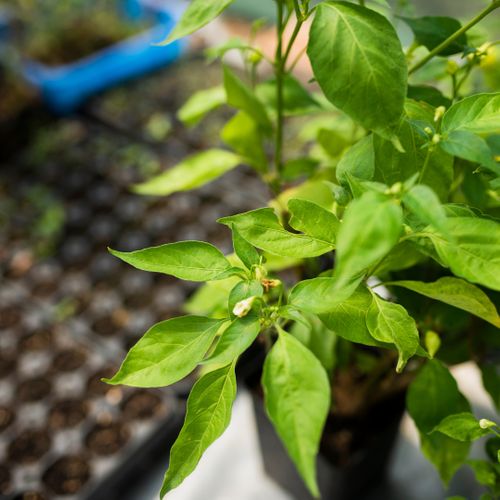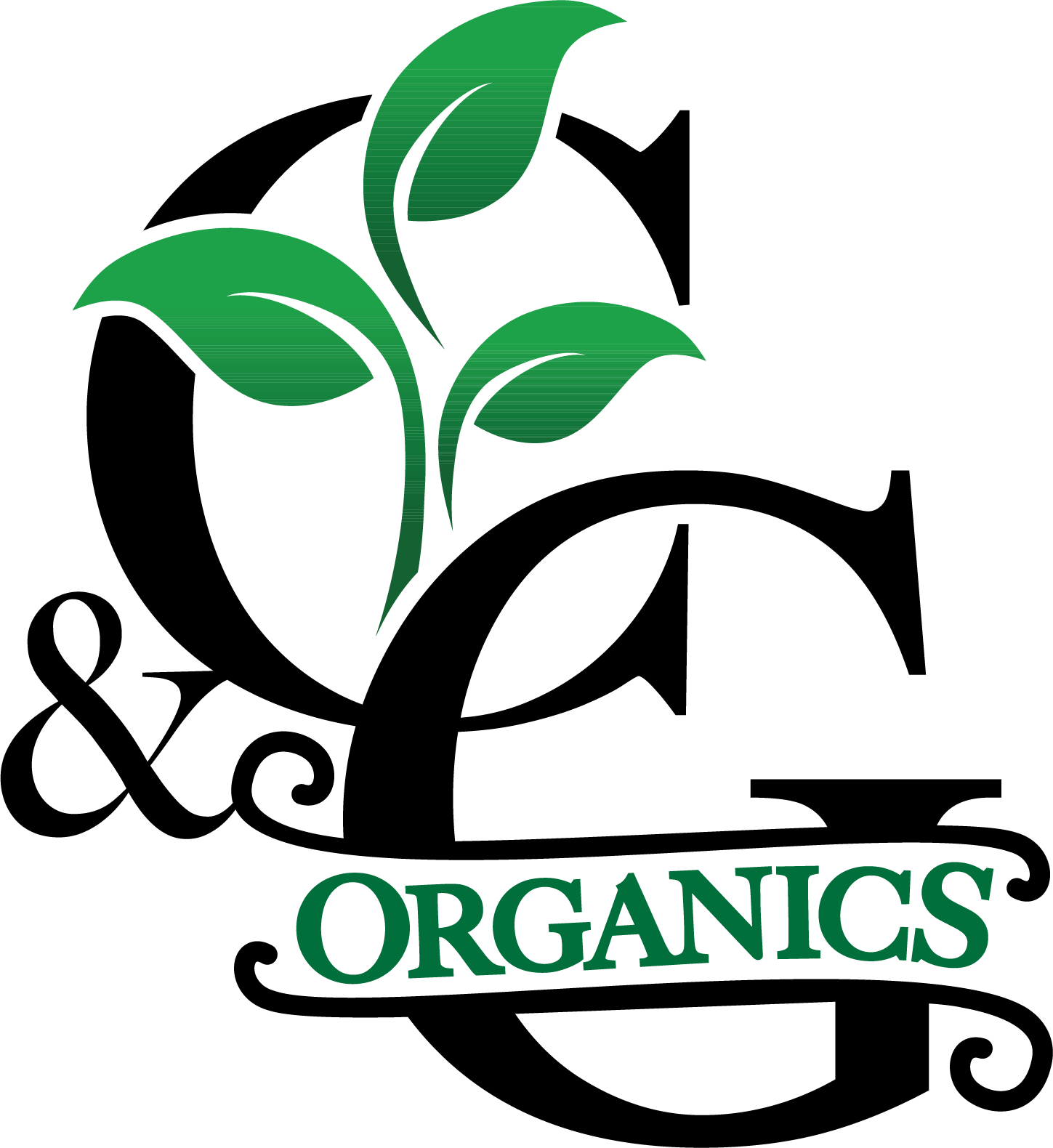While macronutrients like nitrogen, phosphorus, and potassium often take center stage, we know that the secret to truly healthy plant growth lies in the details. Micronutrients, though needed in smaller quantities, are the unsung heroes of plant health. In our commitment to sustainable agricultural practices, we've seen firsthand how a proper balance of these essential elements can make all the difference, preventing nutrient deficiencies and ensuring your plants have what they need to flourish. Understanding their function is a cornerstone of effective and responsible farming.
The Role Of Micronutrients In Plant Health: What You Need To Know

The Catalysts for Growth
Think of micronutrients as the spark plugs of a plant's engine. Many of them, like zinc, manganese, and copper, act as activators for enzymes. These enzymes are responsible for a huge range of metabolic processes, from photosynthesis to respiration. Without the right micronutrients to kickstart these processes, a plant simply cannot function at its peak. We've learned that ensuring these agricultural nutrients are available is fundamental to achieving vigorous and healthy plant growth.

Building a Strong Defense
A well-nourished plant is a resilient plant. Micronutrients like iron and boron play a vital role in cell wall development and overall plant structure, making them physically tougher and less susceptible to pests and diseases. When plants have access to the full spectrum of nutrients they need, they can better defend themselves against common stressors. This is a key principle in sustainable farming – creating strong plants that don't need constant intervention.

Recognizing the Signs of Deficiency
One of the most important skills in farming is learning to read your plants. Nutrient deficiencies often show up as visual cues, such as yellowing leaves (chlorosis), stunted growth, or poor fruit development. For example, a lack of iron often causes yellowing between the veins of new leaves, while a boron deficiency can lead to brittle stems. Being able to spot these signs early allows for timely correction, preventing significant crop losses.

The Organic Approach to Nutrient Supply
In our experience, the best way to provide a steady supply of micronutrients is by nurturing healthy, living soil. Using a high-quality organic fertilizer for vegetables, along with compost and other soil amendments, creates a rich environment where these elements are naturally present and available to the plants. This approach not only feeds the plant but also builds long-term soil fertility, which is the ultimate goal of sustainable agricultural practices.
We believe that a deeper understanding of plant nutrition is key to becoming a more effective and successful grower. Our focus on high-quality organic products is born from our experience in the field and our dedication to the science of healthy soil and healthy plants. See how we can help you address the specific nutritional needs of your crops and cultivate a more resilient and productive future.
